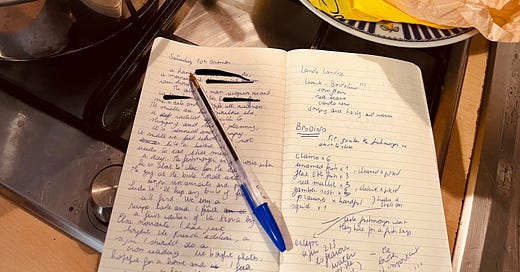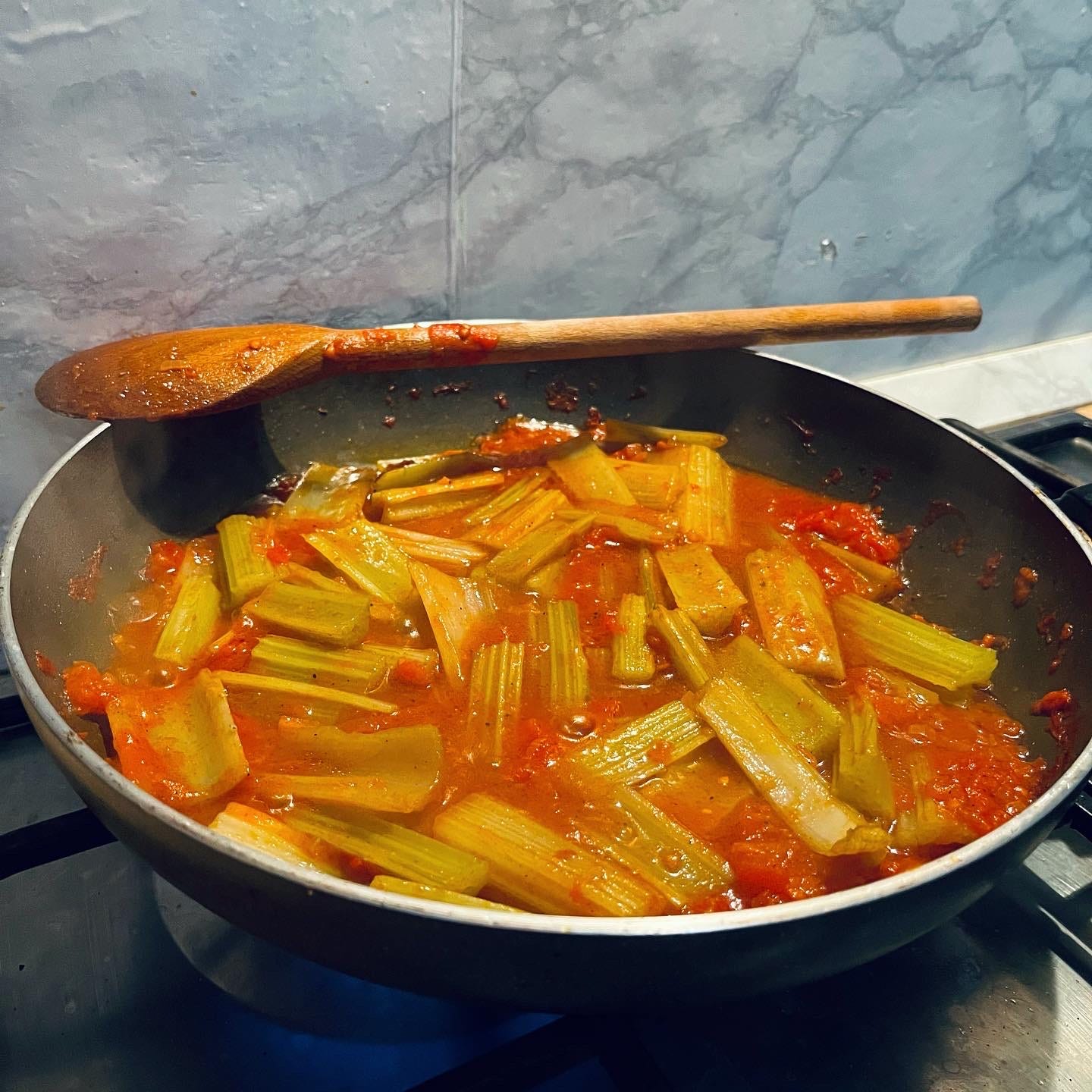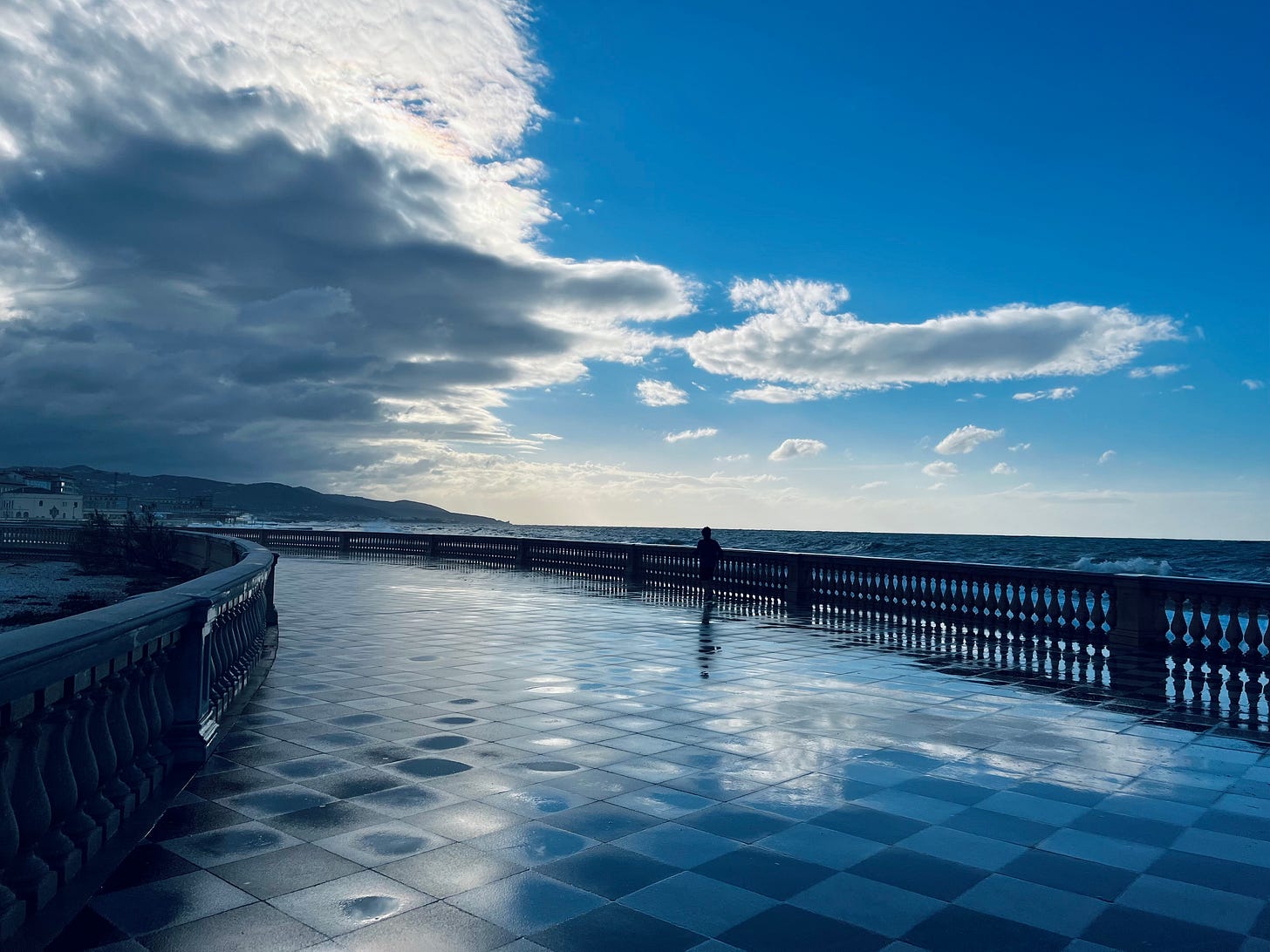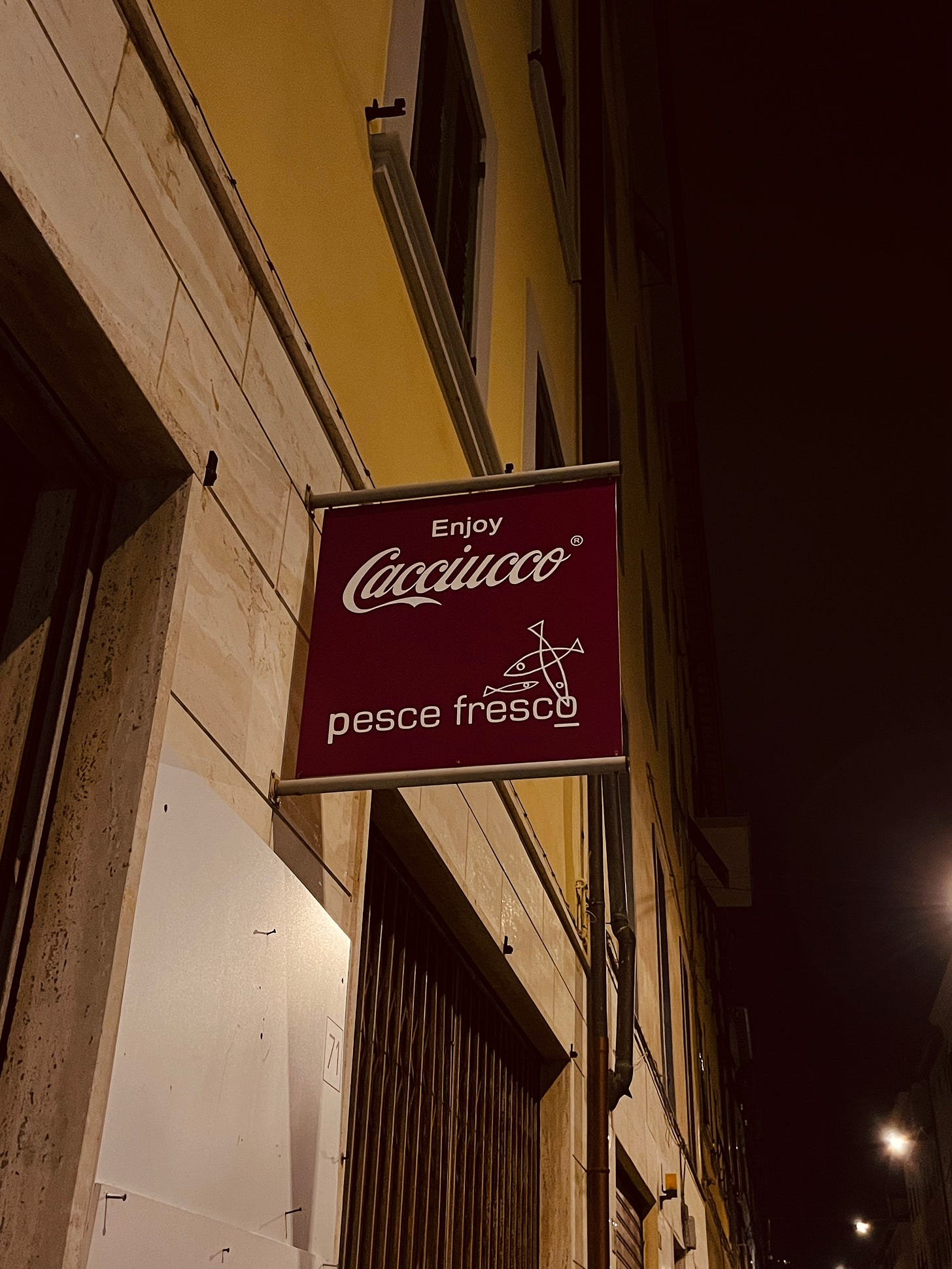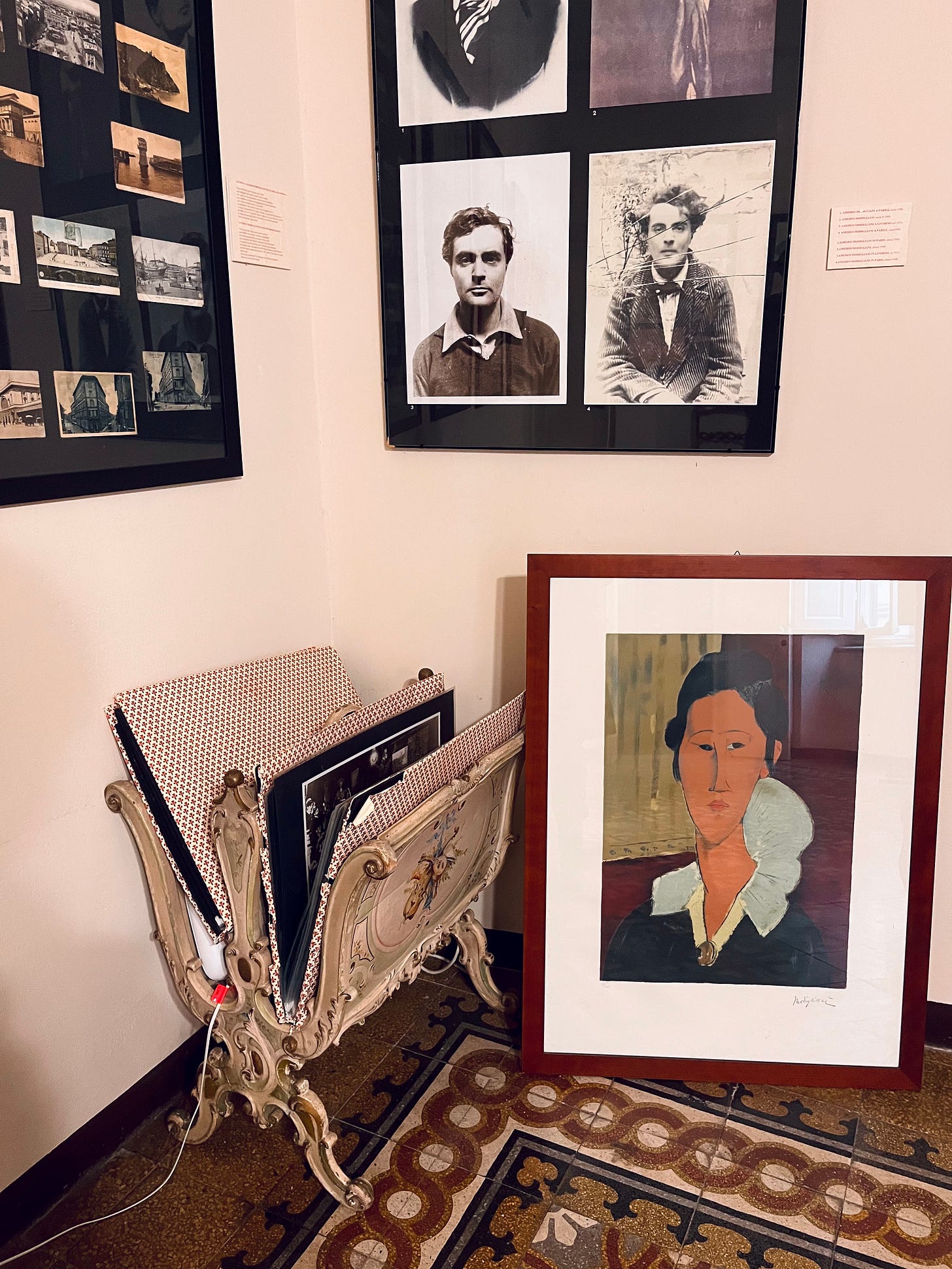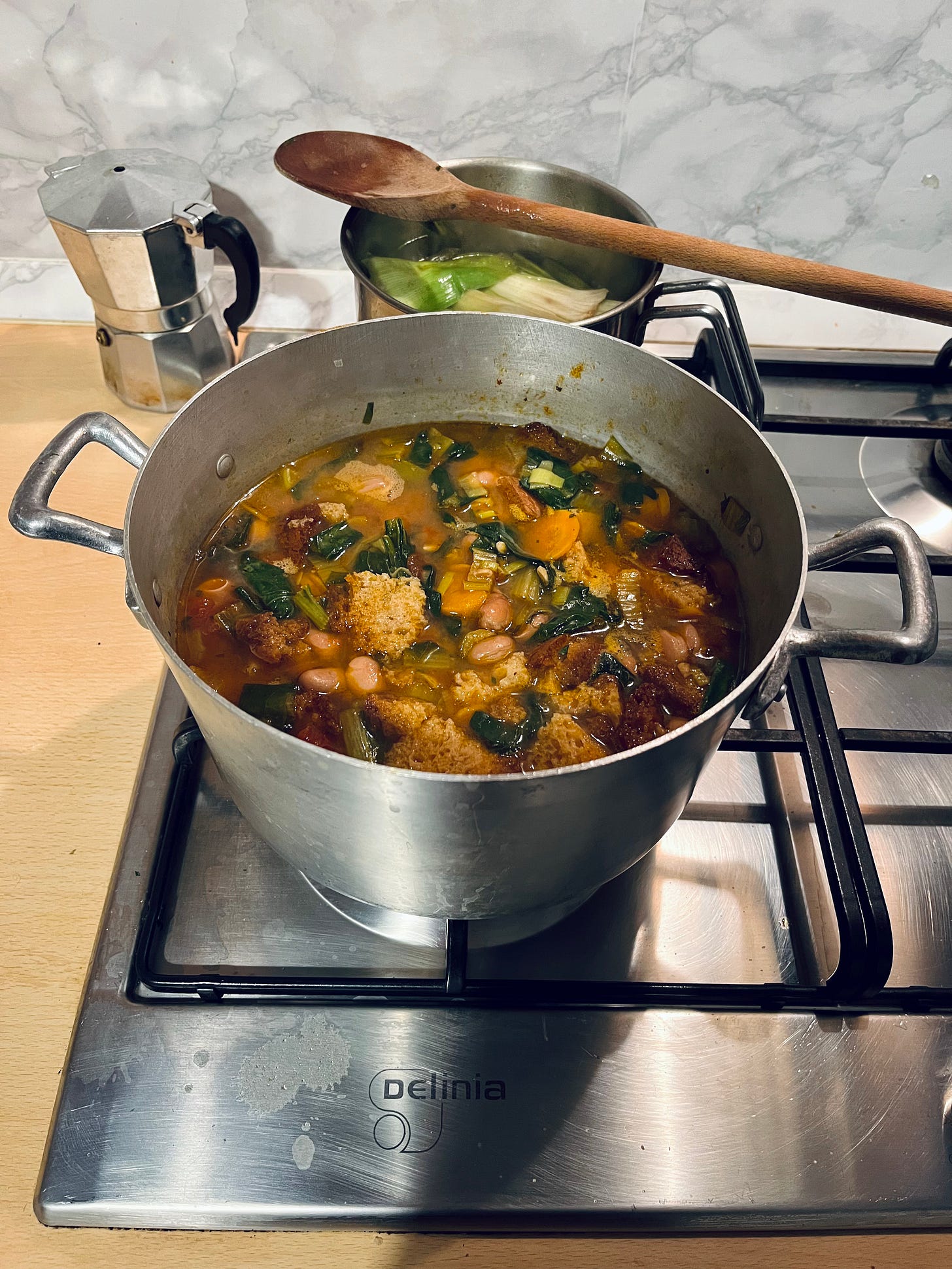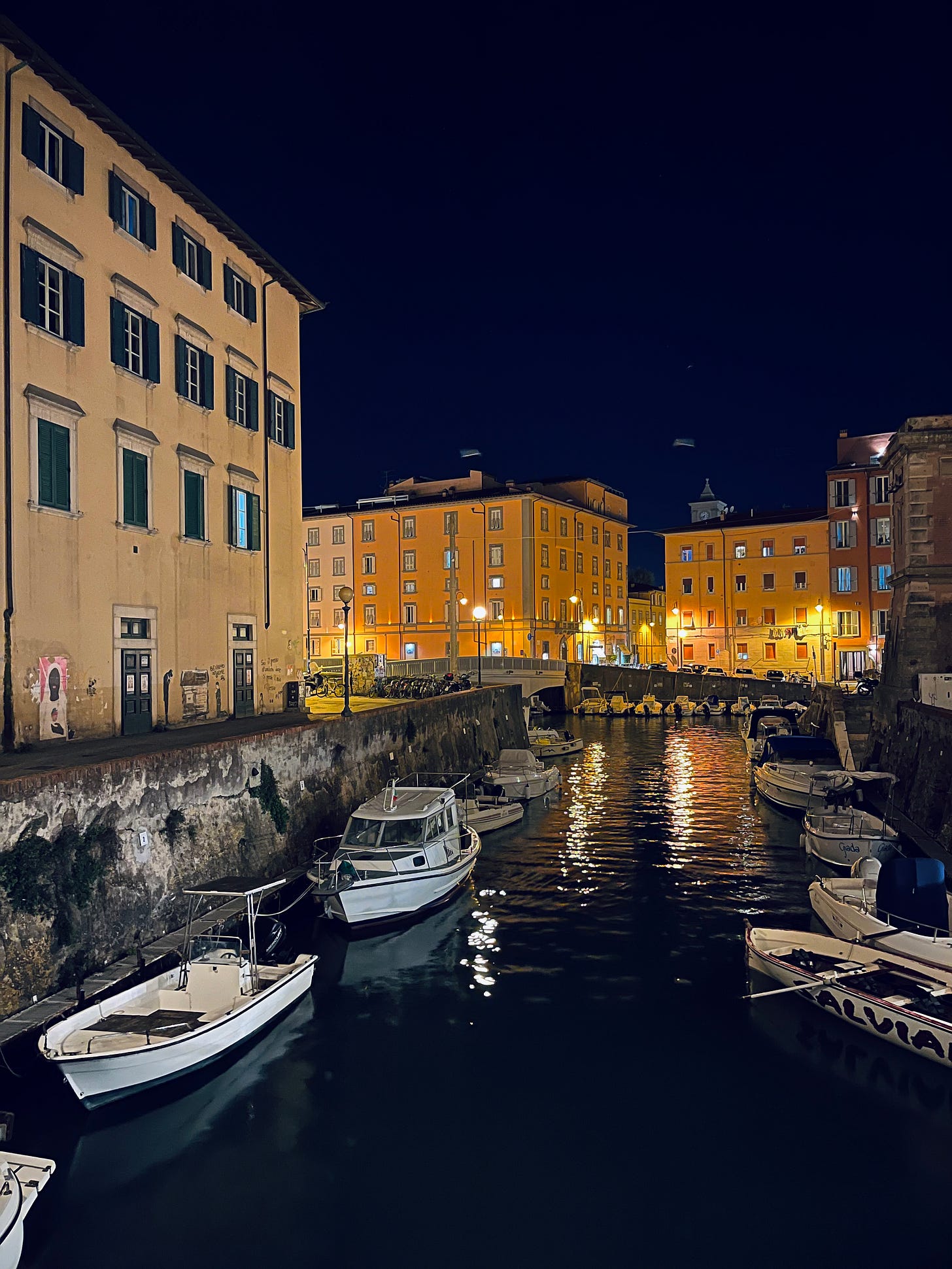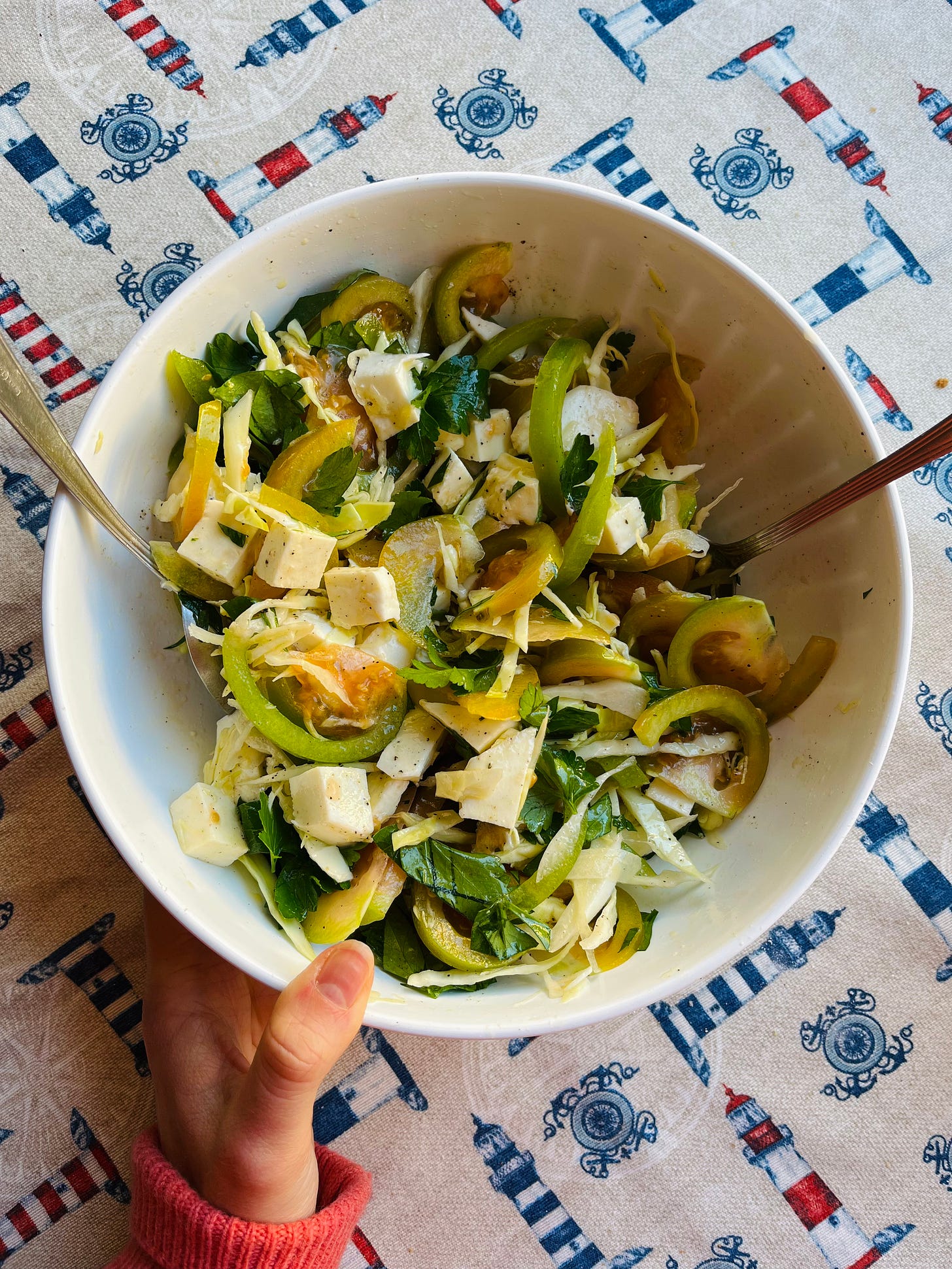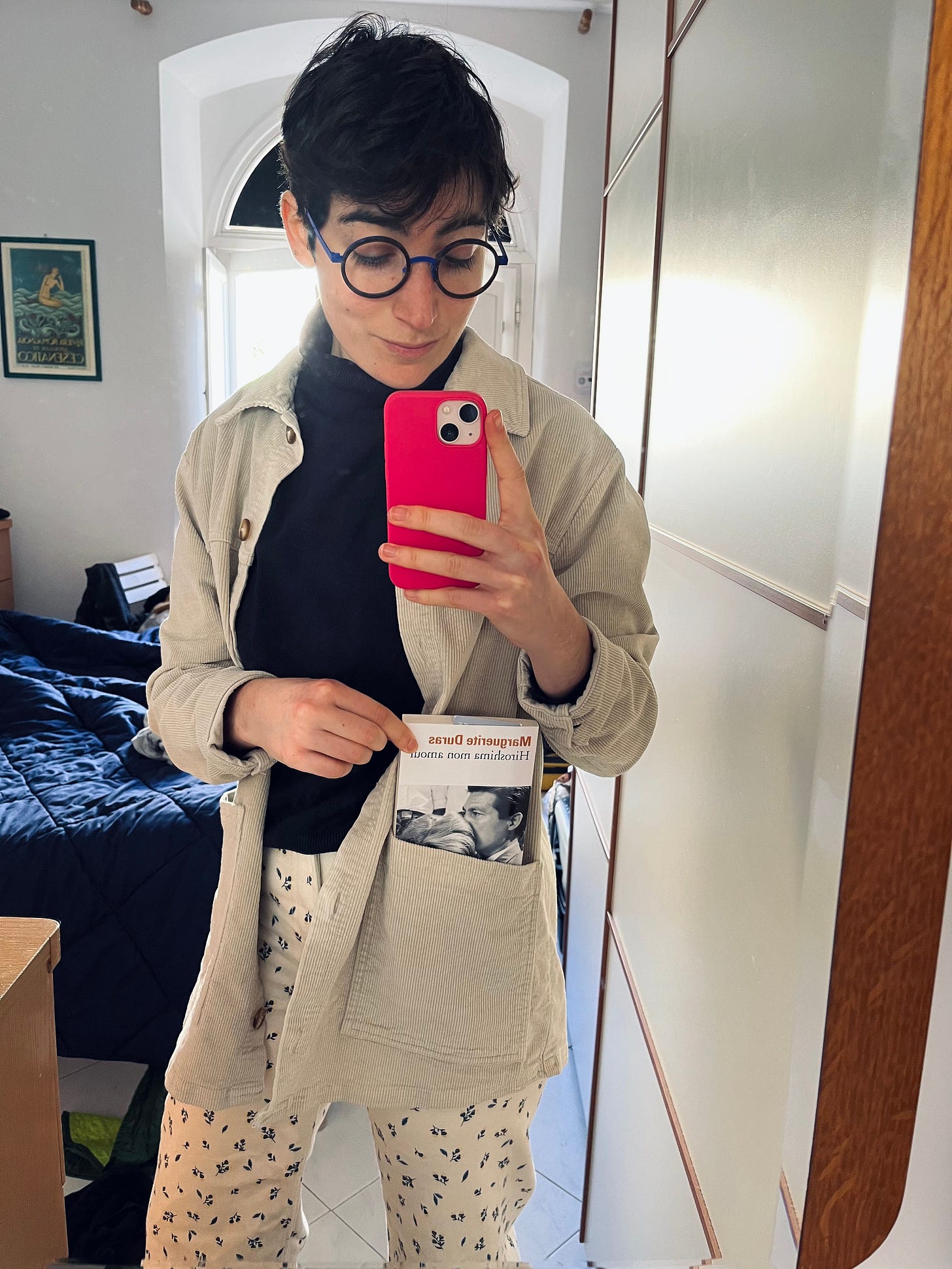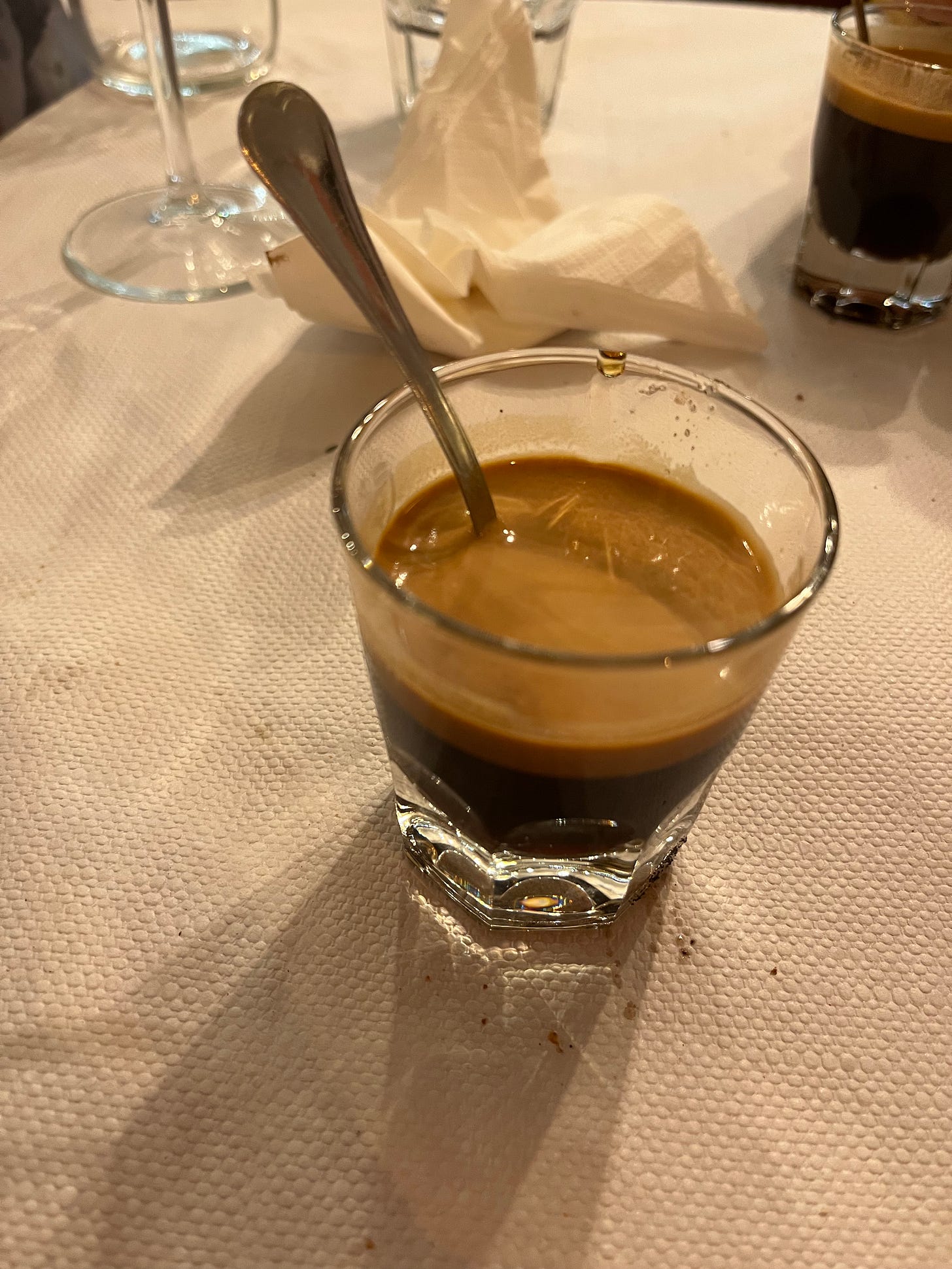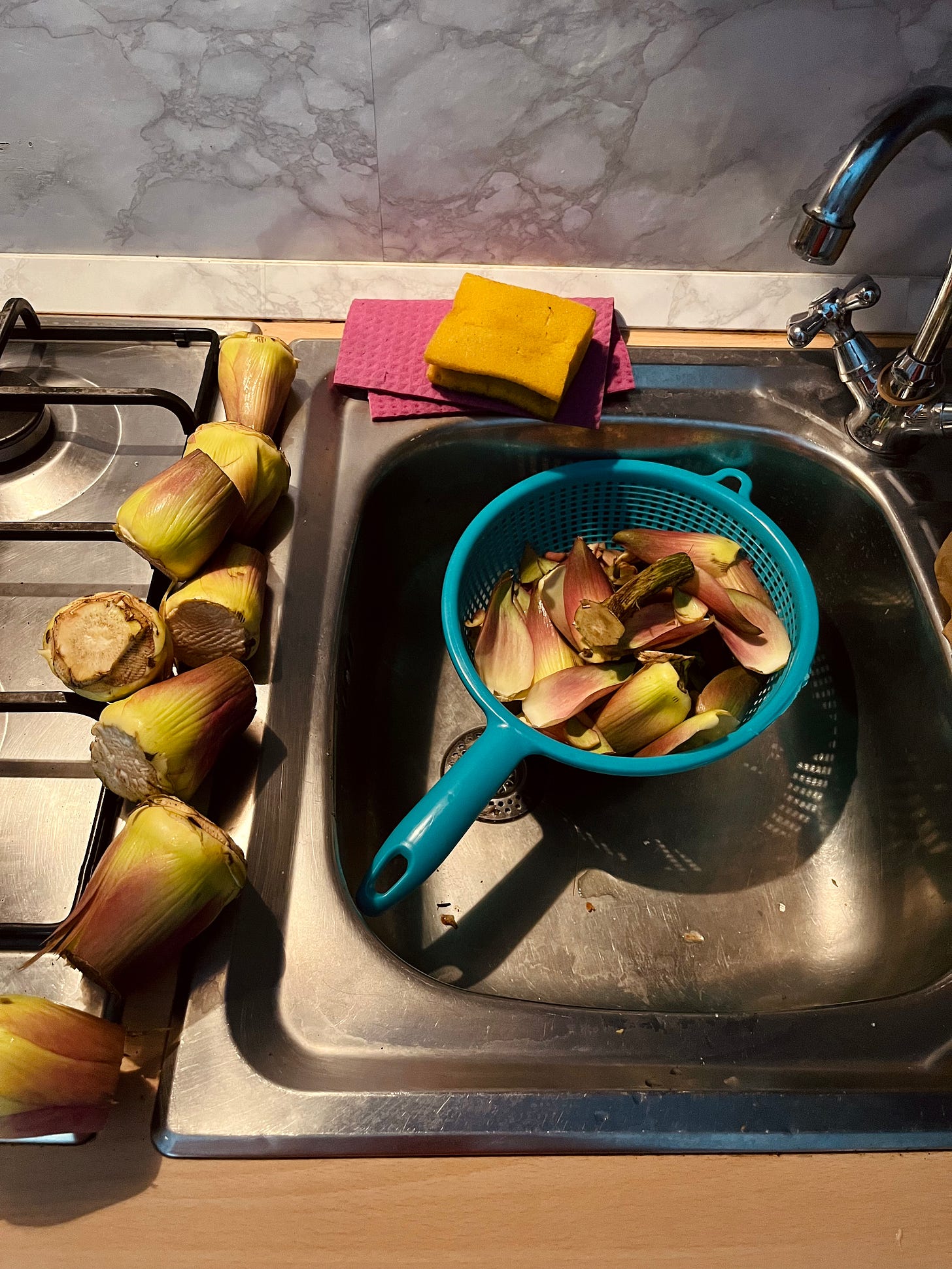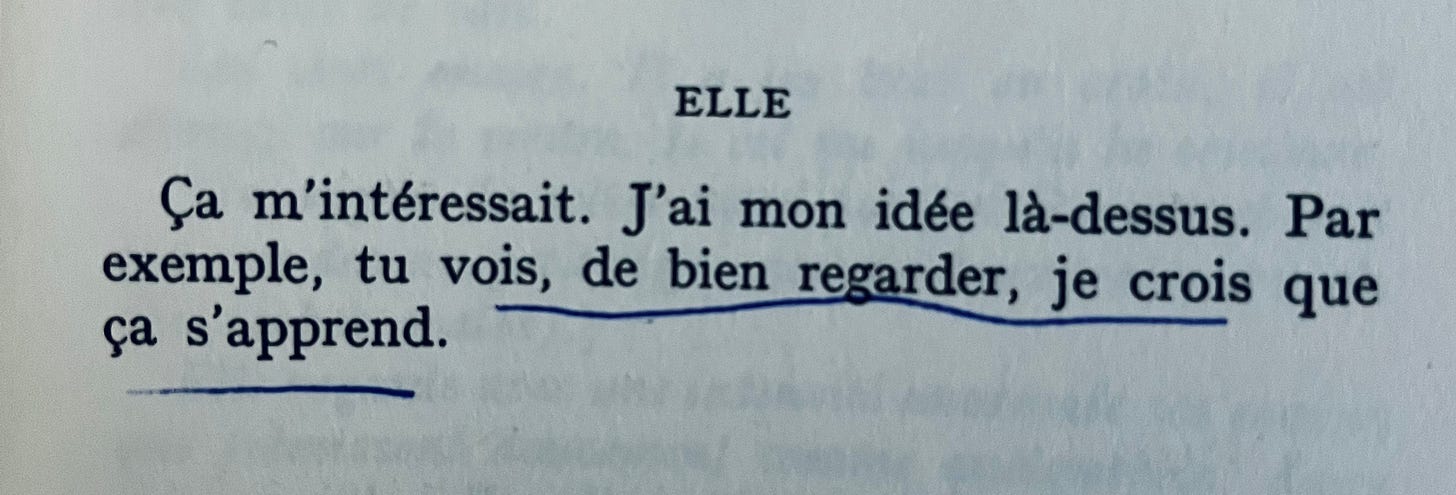It’s intoxicating to fall in love with a new place. The experience suits selfish needs, its attractions are rampant with weather and season changes, the untrained eyes of a newcomer and the potential barrier of language. Or the naïve enthusiasm of someone who is learning a new lexicon, no strings attached but new plays on words. It’s the beginning of a shared love with its habitants too.
Livorno is a port city, which enjoyed relaxed taxation rules and other social benefits that facilitated the prosperity of merchants and initiated a rapid economic growth of the area under the Medici. This ended but, like any locations whose history has been affected by the whereabouts of commerce and cruises, as well as by the moody attributes of the sea and its tides, it’s diverse and pragmatic. In Livorno, there are synagogues and Greek and Dutch churches, couscous is cooked (and twisted). The third largest city in Tuscany has been framed as a hub for multiculturalism in Europe, its peculiarities the result of a contradictory history. As one of fascist Italy’s main naval bases, the city was bombed during WWII and its architecture, or missing buildings, bears witness to that today. Livorno is also the city where the Italian Communist Party was founded in 1921, its reputation and vibe firmly political.
Odours thicken the air, pungent first thing in the morning when the fishermen moor their boats, citrusy and sour during the day. The mercato centrale is buzzing, coffee after lunch and a glass of ponce once the night has fallen. The sky drowns into deep shades, a brew of salt and ranging temperatures, thunderstorms knock on my window often. In no chronological order, some small dispatches from benches, bars and my kitchen table in Livorno:
Walking into the market, rainbows and chatters, a woman tells her husband to stop being such a pessimistic person. Carciofi, en masse, full or trimmed, a man cuts them fast with a knife in one hand and a ciggy in the other. Mountains of clementines and oranges, a valley of herbs and fennels that have bulbs bigger than my heart. A woman tells Ludo he can have a mix of both, three white and three brown eggs, but she must keep the parsley for the artichokes (I’m not sure why). Each ingredient I buy is handed with a tip on how to cook it. I’m grateful and my cheeks are red.
Back from the market, I cook a favourite, Gobbi al pomidoro:
A bunch of gobbi, trimmed and cleaned carefully. You’ll want to shave the upper part of the vegetable as it’s hard and fibrous.
The juice of one lemon
1 can of tomatoes
1 onion, chopped thinly
Salt and pepper
Bring a pot of water to the boil, add the juice of one lemon. Chop the gobbi roughly and cook the chunks for at least forty minutes.
In the meantime, lightly fry the onion. Add the tomatoes and three ladles of the cooking water from the gobbi. Heat up, salt and pepper to taste. Add the gobbi, cover in the sauce, reduce the heat and leave to simmer for another 10 minutes or so (or until the gobbi are cooked to your taste).
Gobbi are the winter celery and I adore their sourness. If you’re worried about the latter, you can add a generous pinch of sugar in the sauce.
I run along the Terrazza Mascagni, a game of checkers and the waves roll over the barriers. A man is walking down the small stairs, dressed in a winter swimming costume with a harpoon attached to his back, while a group of old men stand by the water with their fish lines and notebooks. The dog game is strong, cyan and grey colours fight for a space in the sky.
I keep running along the lungomare, fighting with the wind, and playing hide and seek with cargo boats. It’s a city of runners, marines are walking towards the Accademia Navale, long coats and caps distract me. I continue until the rocky, wild coast and spot a dream study at the top of a bell tower. On the way back, an old woman walks past me. She is wearing a bright pink fur coat and butterfly spectacles, a white dog follows her; for a second, I’m in love.
The air is trapped between mountains and sea, warming, it thunders. Storms and choppy sea on Tuesday, oil paint landscapes on Wednesday, workers empty nets at the port before dawn. I come back around 14:00, when they are about to close the stall, and ask for a mix of fish leftovers. In the blue kitchen, a casserole of brodino di pesce:
Catch of the day, including seafood and fish, gutted and cleaned
2 garlic cloves, thinly chopped
1 handful of parsley, thinly chopped
1 generous handful of cherry tomatoes, roughly chopped
1 pinch of paprika
Broth
In a large pot, heat up some oil and lightly fry the parsley, garlic and paprika. Careful not to burn the garlic. Add the tomatoes, cook for 2 minutes, reduce the heat and cover with a lid. Let the tomatoes sweat and release their juice (if you’re more patient than me, you could skin them). In the meantime, bring broth to the boil.
Time to add the fish. Start with placing the larger ones at the bottom of the casserole, then add the squid, shellfish like prawns and clams last if using, pouring ladles of broth slowly as you go. It’s up to you to find your balance between how soupy and tomatoey you like it. You could add a squeeze or two of tomato purée if your affair is the latter (it’s mine too).
Tuesday evening, Morocco wins a football game against France. Cars honk while driving up via Grande. I’m sitting outside of Il Vinaino. ‘È morto Berlusconi,’ the old man next to me says with a straight face and before lighting a cigarette. He smiles at his own joke. I try the Canaiolo grape for the first time and it reminds me of the Etna Rosso I love at summertime, mineral.
red red red
bleeding, bursting
winter tomatoes for
minestra, red pasta, a zuppetta
my heart, Livorno red city
This one I typed on Instagram.
Antico Moro, an institution with its walls covered with frames and postcards. The handwritten ink at the back has faded and the designs send me back to the early 2000s, vague memories of long-distance travels, and I wonder if the owner has family in Canada. I eat the classic Cacciucco alla livornese.
Not one trip to Livorno would be complete without a taste of Cacciucco. The legend describes the dish as a celebration of the melting pot of communities that make Livorno. The recipe is made of low-quality fish, the ones that would have gone to waste otherwise, small reef fish from the catch of the day. The etymology of the word Cacciucco comes from küçük, which means ‘small’ in Turkish. It’s tomatoey and a generous plate to share.
On 12th July 1884, Amedeo Modigliani was born in the kitchen of a family house on via Roma, Livorno. The first and third floors have sold and been refurbished since, but you can visit the second floor (where the kitchen is located). Letters and photos, the details about the life of an artist that become relevant only if they are told in the room where one once had breakfast; the guide refers to Modigliani as ‘Dedo’, like his friends and family used to. I learn that Modigliani never fully recovered from a case of Tuberculosis when he was a child and that sculpting generated too much dust for his lungs, however much he could train and practice the craft. He painted figures without pupils most often, just like status, or as a form of intimacy when one sees a pair of eyes as the mirror for the soul. My eyes blur as I read the handwritten note from Modigliani to Jeanne Hébuterne that promised him to marry her once the paperwork would arrive. Jeanne killed herself the day after Modigliani died and they are buried together at the Père Lachaise cemetery in Paris. The next morning, I go for a run. There is a painting on one of the port factories’ facades in celebration of the century of Modigliani’s death, dated from 2020, where he boarded a boat to Paris.
Another case for cucina povera, or the staple of Tuscan cuisine, a zuppa di farro e pane:
Stale bread, broken in small bites
100g farro
100g passata
1 can of borlotti beans
2 carrots, sliced
1 courgette, cubed
1 leek, sliced
1 bunch of parsley, chopped
1 bunch of cicoria, chopped
1 garlic clove, peeled and crushed
Broth
Start with making some broth in a pot. Either boil some water with vegetable scraps and a pinch of salt or dissolve a stock cube into boiling water.
In a large pot, heat up some olive oil with the crushed garlic. Add the leeks and swirl things around. Remove the garlic. Add the parsley, carrots and the cicoria stems. Cook until soft and golden.
Pour in the passata and cook for approx. 2 minutes. Add the farro and let it infuse in the tomatoes for a minute. Pour in the broth and simmer for 15 minutes.
Add the cicoria leaves, stale bread and borlotti beans. Cook on a low fire and leave the soup to simmer for as long as you please.
Cantina Nardi for a drink after work, winter coats zipped up, a crowd stands outside, and people share tramezzini with glasses of Chianti. Baccalà coi porri at Cantina Senese for dinner. Crossing the bridges of Little Venezia, especially at night when the stars catwalk along the canal, and I end the night dancing with Ludo at Le botteghe. We stand with glasses of G&T in our hands next to the water, and the Chiesa di Santa Caterina still has its doors open. People kneel inside.
Stormy Saturday morning, hangover and back at the market. The smell of parsley and the texture of tomatoes. Toma di Capra cheese and olio nuovo, one stings my tongue and the other heals my chapped lips. It makes me hungry to be here, so I queue at Da Gagarin Di Chiappa Giuliano for a torta di ceci, or the Tuscan savoury crêpe made of chickpea flour. I pay with coins; a bad decision made on low blood sugar since I’ll need to visit the laundrette soon. On the way out, there is an elderly couple having lunch at a clunky table. She is wearing a necklace with large pearls; cecina for her and an aubergine sandwich for him, two glasses of sweet Spuma bionda in tumblers between them.
A winter salad to use those meaty, green tomatoes I bought at the market:
Firm, green tomatoes, sliced
Cabbage, sliced thinly
Parsley, chopped roughly
Scamorza magra, cubed
Juice of half a lemon
Olio nuovo
Salt and pepper
Assemble and season to taste.
I read Marguerite Duras’ Hiroshima mon amour at the laundrette and the bookseller at the flea market tells me that he used to be a designer for restaurants. I bought a second-hand edition of La Storia by Elsa Morante from him. Melafumo, a tasty potluck of fish and opinions; it smells so delicious that I could go anytime and be hungry. Ponce to end the night. Like most of Livorno’s gastronomy, the recipe for ponce arrived by boat, a remedy for the cold sailors. The warm drink is made of coffee, rum and lemon zest and would cure a sore throat in a sip.
Livorno isn’t a seaside town. I hear seagulls less than when I’m in London.
A glass of Morellino, my favourite, at Il Barroccino. Children run around the piazza where the market happened earlier in the day, parents chat and the pair next to me is having an apparent first date. I’m snacking the saltiest peanuts – but everything feels saltier since I have arrived here.
In Livorno, I think about what makes one call a place home. I went to the post office to pick-up a parcel and it relieved some of my displacement. I called my best friend while going for a long run and I dropped a cup of infusion all over the bed after we had dinner together on FaceTime. There aren’t any spare bedsheets in an Airbnb. I attempted to translate the chemical composition of a familiar medicine, but I was slapped in the face by a new component without the holding hand of placebo effect. This morning, the man to whom I had bought artichokes before recognised me, and I got another bunch from him. He handed me a date to sample and I dazzled with sweetness – everything smells, but I can appreciate the details. I buy vegetables and fruits by the unit, and I feel a new type of hunger, one that makes me feel whole. I’m finding this calming, and this artichoke season is wild. Carciofi in umido:
Artichokes, trimmed and cut lengthwise
1 bunch of parsley, cut thinly
1 red onion, sliced thinly
1 handful of black olives, cut lengthwise
1 can of tomatoes
In a pan, heat up some olive oil and add the parsley, sliced onion and olives. Cook for 3 minutes or so. Add the artichokes and golden for 3 or 4 minutes. Pour in the can of tomatoes, cover the pan with a lid, and simmer on a low heat until the artichokes are tender.
‘The conditions of their meeting won’t be described in the movie. This isn’t the question. We meet people everywhere in the world. What matters is what happens after these daily meetings.’
— Marguerite Duras writes in the synopsis of Hiroshima mon amour.
I must be vigilant when I’m in London. It’s not a question of being afraid, but a constant state of alertness I find my body in as I try to cope with the pace of my surroundings. Tubes and people and red buses and black cabs and offer signs inside the shop vitrines renew faster than I can process images and emotions.
I seem to have regained some of my peripheral vision in Livorno and, cross my heart, I mean to be looking, acqua in bocca.
Margaux
If you enjoy The Onion Papers, please consider hitting the subscribe button below and feel free to share this newsletter with anyone who might enjoy it. Thank you.
PS. If you’re buying someone a book for Xmas, might you consider The Yellow Kitchen? I’m biased because I spend too much time with them, but I think Claude, Giulia and Sophia make brilliant friends.


